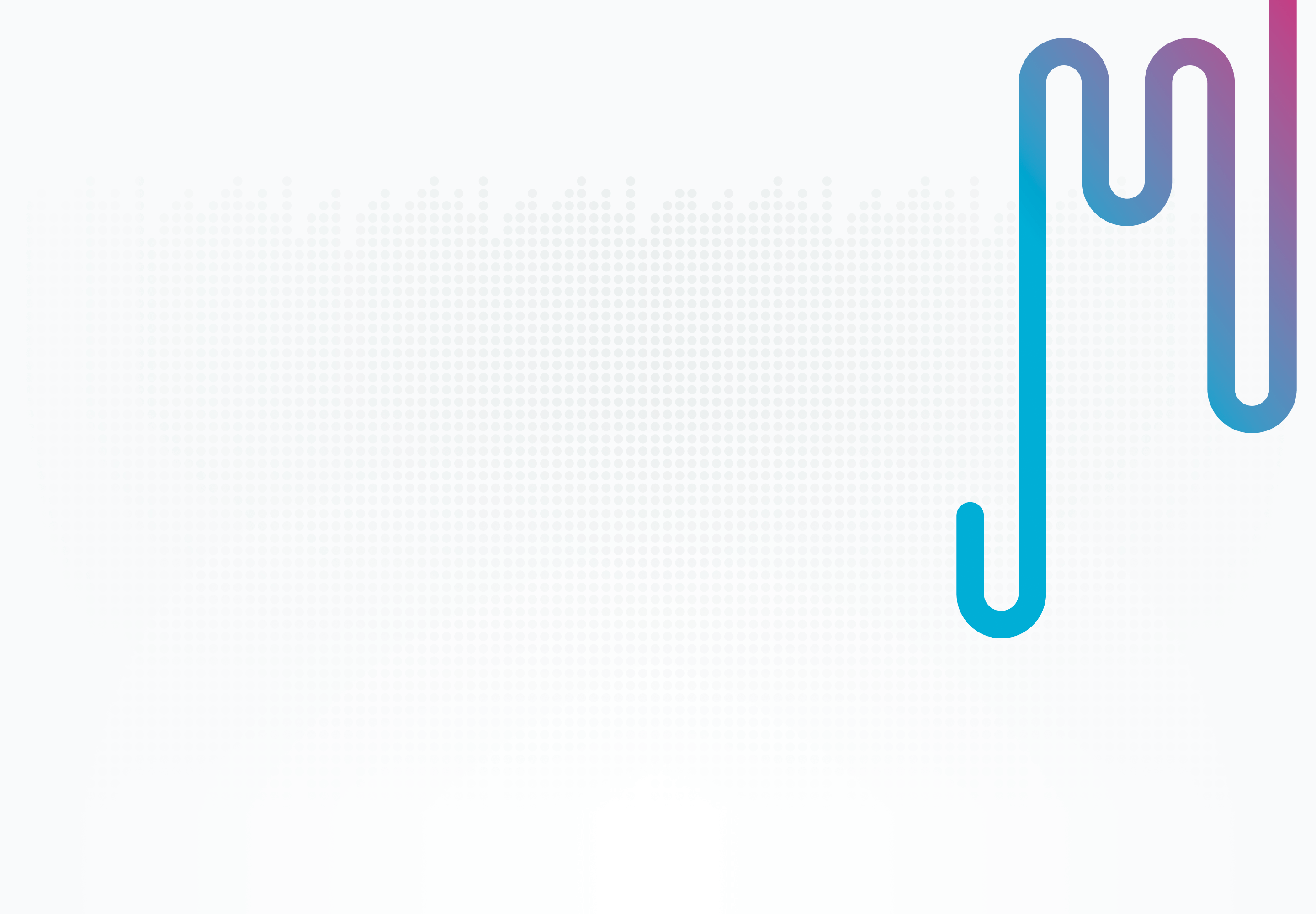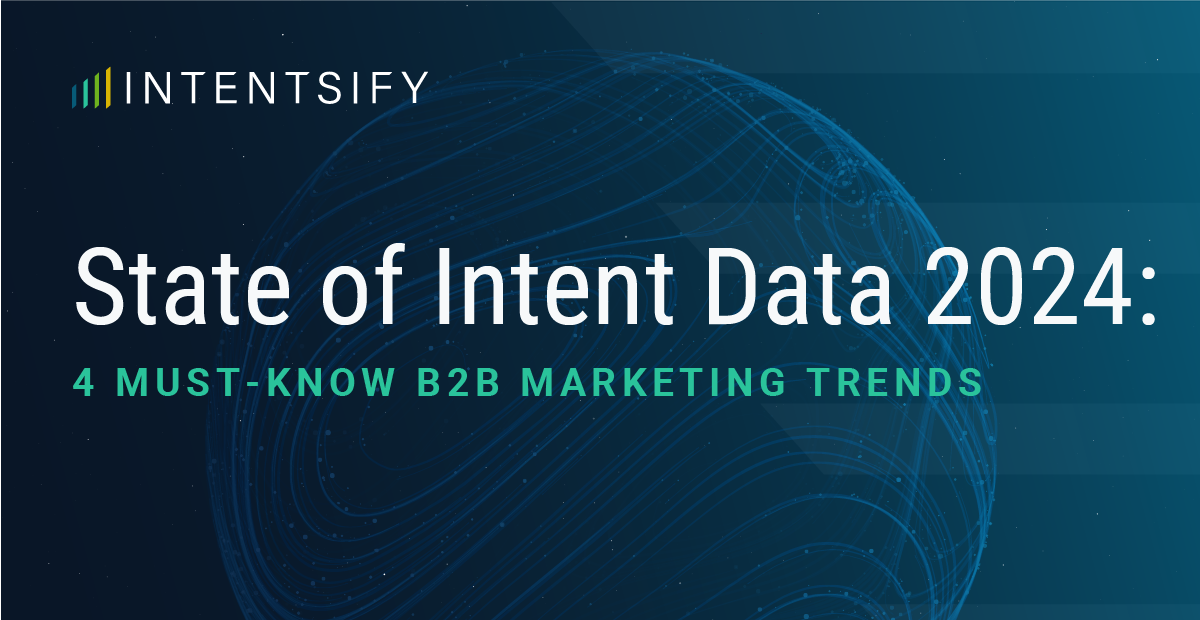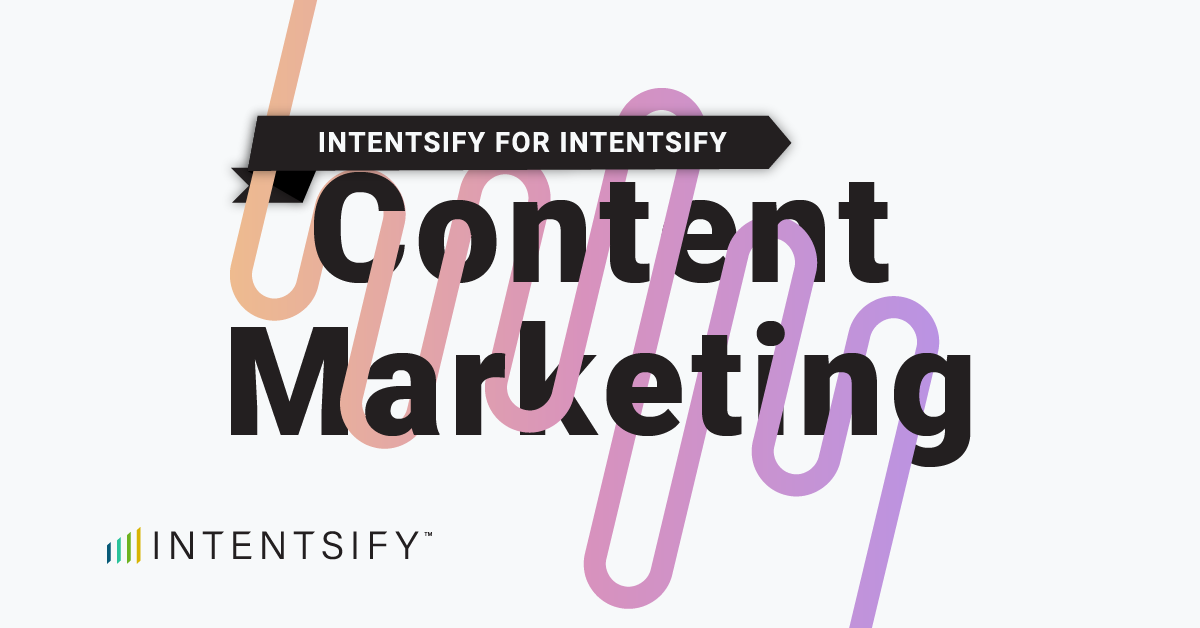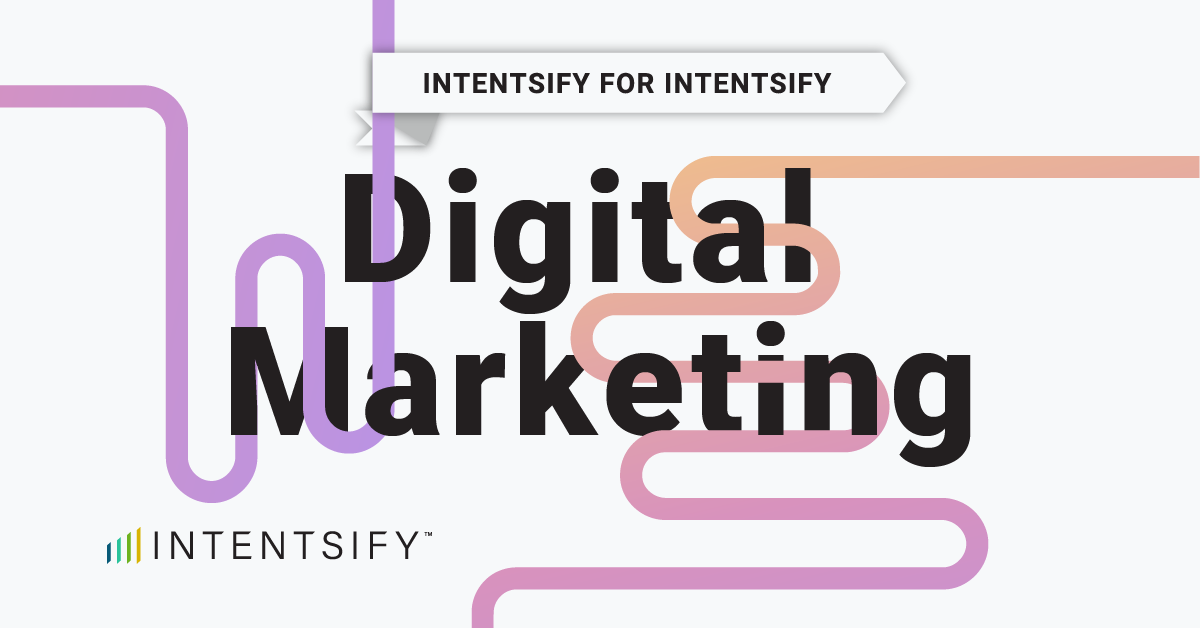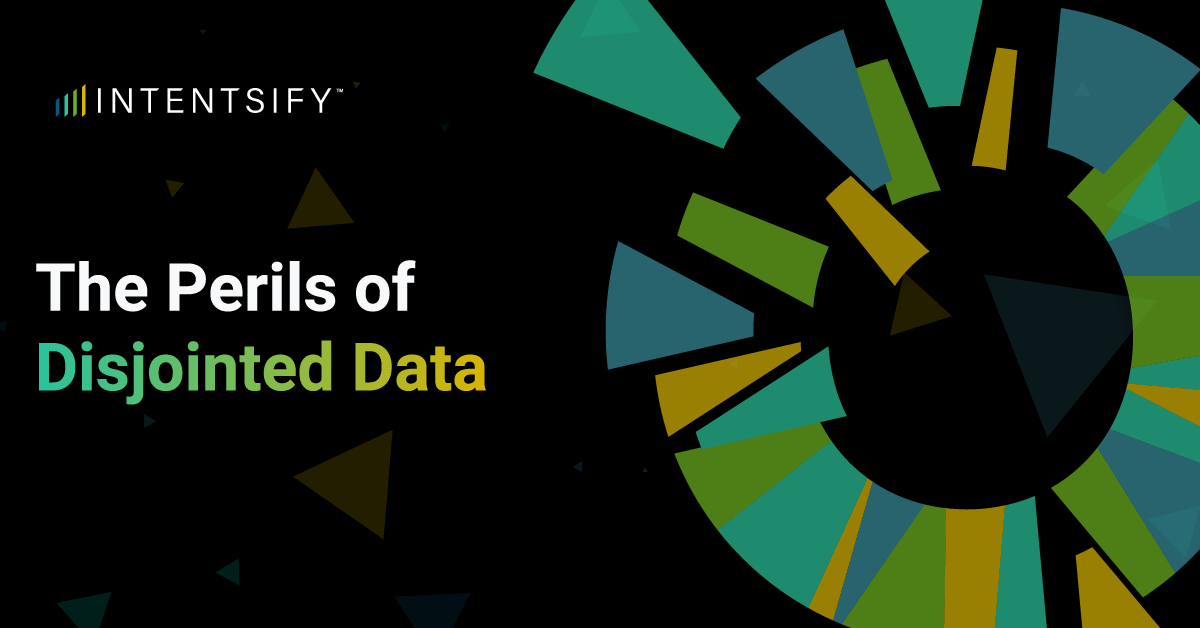Intent data can be incredibly powerful when used right. Good quality data used alongside a dedicated analytics tool can help you interpret the buying signals of your customers and use those to craft timely, relevant, and personalized content that meets you customer exactly where they are on their buying journey.
Still, having intent data and making the best use of it are two different things. At Intentsify, we wanted to understand the latest B2B marketing trends and how businesses are using intent data in 2024. We surveyed C-level executives, senior VPs, and other stakeholders working across 10 different industries and asked them about their success and challenges with using intent data, the results of which were published in our The State of Intent Data 2024 report. Here are the four key takeaways.
1. Data Quality is More Important than Ever
Customer data can have a profound impact on business performance, yet executives still struggle with quality. In fact, 70% quote data quality as their top challenge in 2024, closely followed by data analysis.
In order to avoid these issues, businesses need to be careful who they partner with. Always select data providers who are transparent about the source of their intent signals and ensure that the data is accurate, up-to-date, and compliant with privacy regulations.
Provided you have good quality data, the tools you use to analyze and execute on this data are also important. Fifty-seven percent of firms with an exceptional intent data ROI say that they use campaign execution platforms such as Intentsify to analyze their data and build accurate data models. This can significantly speed up and improve data analysis, resulting in more accurate and better-targeted marketing campaigns.
2. There Are More Use Cases to Explore
Majority of businesses use intent data primarily to bring in new business. For instance, 67% of respondents said that they use intent data to drive digital advertising, 62% use it to gain market and competitive intelligence, and 57% use it for lead generation.
However, intent data can do so much more for businesses. In fact, those who see their intent data programs as “extremely successful” use intent data to better prioritize accounts, improve messaging across all of their communications, and even plan different types of events. In contrast, only 31% of all respondents use it for event planning, and only 32% use it for customer churn prevention.
This limited use of data insights is understandable in light of the complexity that goes into gathering, analyzing, and actioning this data. The process can be immensely simplified if marketers have access to a tailored buyer intent intelligence solution that can act as a one-stop shop for all things B2B marketing.
At Intentsify, for instance, clients get access to over 1 trillion intent signals from multiple sources, advanced analytics, and actionable insights that enables them to target the right accounts, at the right time.
3. It’s Time to Embrace Signal-Based Marketing
Using intent data in a silo can only take your marketing team so far. Our research shows that a relatively small percentage of marketers use intent data to build a holistic signal-based marketing strategy that can unearth new opportunities to engage existing customers and win over new ones.
For instance, only 39% measure conversion time (time elapsed for intent-generated conversion), 31% track closed/won deals and only 26% look at the impact intent data has on customer churn. It’s not a surprise then that only 24% of respondents reported exceptional ROI on their intent data investment, while 16% either couldn’t say or felt the ROI didn’t quite deliver.
One common theme among those who are happy with their intent data ROI is that they’re far more likely to use dedicated campaign execution tools to apply their intent data across their marketing and sales channels. Purpose-built platforms such as Intentsify that support your content syndication and digital advertising programs can help you build a comprehensive signal-based marketing strategy that embeds buying signals in your decision-making across channels, audiences, and products.
4. Marketers Are Looking at Other Data Sources
As intent data becomes more prevalent across marketing teams, businesses are looking at increasing their intent marketing budgets. In fact, 84% of marketers report that there will be at least some increase in their intent data budgets, while 33% say the increase will be significant.
Bigger marketing teams of 10+ employees plan to use this budget to include other data sources in their programs, like firmographic and technographic data as well as digital and contact data. On the other hand, 18% plan to change data providers altogether.
Overall, enriching your intent data with other data points can give you a 360-degree view of how your target audience thinks, behaves, and, eventually, makes a purchasing decision. Fifty-eight percent of respondents say that they’d like better dashboards, reporting, and integrations to make their existing intent solution more useful. Fifty-seven percent would like more flexibility in customizing their intent models to their specific needs.
All of this can be achieved with a purpose-built, AI-powered tool that can consolidate all your data sources and give you the power to action it across all of your marketing and advertising programs.
The Marketing Goalpost is Always Moving
Consumer behavior, priorities, and preferences are constantly evolving, and so should your marketing strategy. While brand and communication professionals may look at conversion rates, demand gen specialists care about predictive accuracy, and paid media professionals worry about coverage rates.
All of these are important if you’re to build a comprehensive and up-to-date marketing strategy that evolves with your customers. Intent data can be valuable across the board provided your team is given the right tools and metrics to make proper use of it. While you can’t influence how your customers will behave tomorrow, you can certainly influence how your marketers work today.
Intentsify’s AI-powered platform empowers marketers to turn buying signals into pipeline with customized advertising and lead generation solutions. Combining an unrivaled portfolio of data sources and an industry-leading media ecosystem, Intentsify enables signal-based marketing programs for revenue acceleration.
